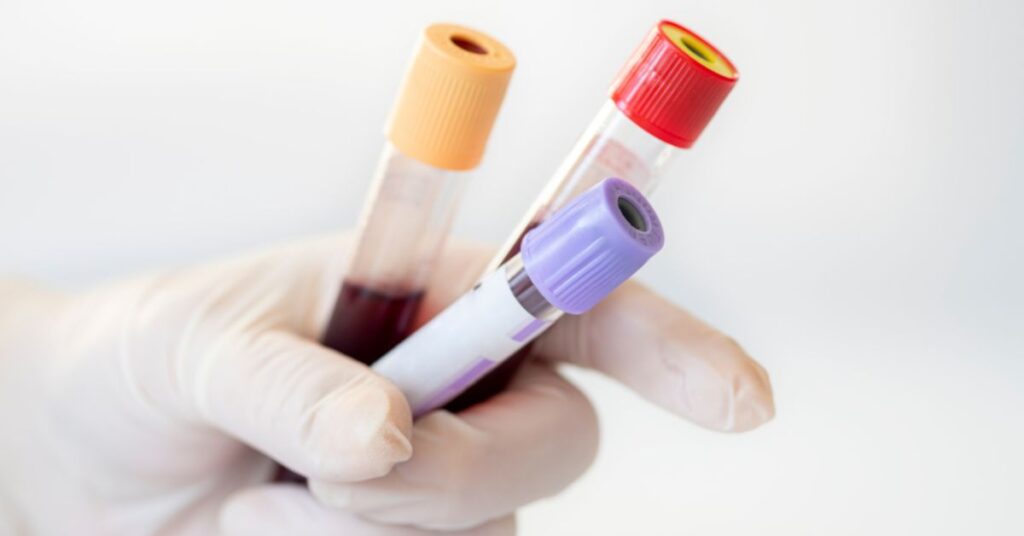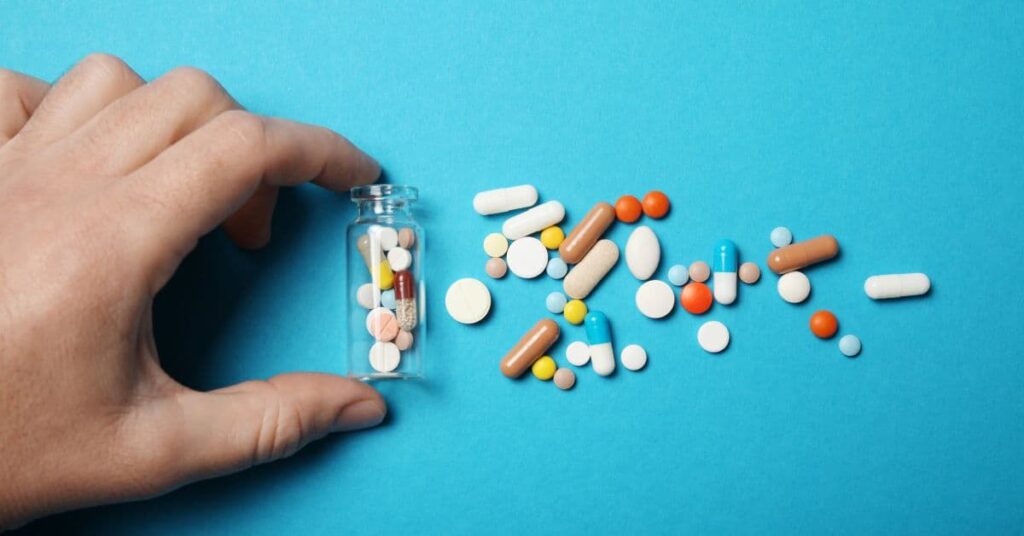Primary immunodeficiency (PI) refers to a group of over 300 disorders in which the immune system’s ability to fight infections is compromised due to genetic factors. Unlike secondary immunodeficiency, which is acquired, primary immunodeficiency is often present from birth, making individuals more susceptible to infections and certain health issues. Early diagnosis and effective treatment are crucial for managing PI and enhancing the quality of life. This article explores the causes, diagnosis, and treatment options for primary immunodeficiency.
Causes of Primary Immunodeficiency
Primary immunodeficiency disorders are primarily caused by genetic mutations that impair the immune system’s function. These mutations can affect different components of the immune system, including:
- B Cells and T Cells: Essential for identifying and targeting pathogens.
- Phagocytes: Cells that ingest and destroy harmful pathogens.
- Complement System: A group of proteins that aid antibodies in combating infections.
These genetic mutations may be inherited from one or both parents, or they may arise spontaneously. Each type of PI affects the immune system differently, making some people more prone to bacterial infections, while others may be susceptible to viral or fungal infections.
Symptoms of Primary Immunodeficiency
Symptoms vary depending on the specific disorder, but common signs include:
- Frequent and Recurrent Infections: Respiratory infections, sinus infections, ear infections, and skin infections are common.
- Slow Recovery from Infections: Even minor infections may take a long time to heal.
- Growth and Development Issues: Some children with PI may experience delayed growth or other developmental challenges.
- Autoimmune Disorders: People with PI may have a higher likelihood of developing autoimmune diseases like lupus or rheumatoid arthritis.
- Chronic Fatigue: Persistent fatigue can be a sign of a weakened immune system.
Diagnosing Primary Immunodeficiency

Accurate diagnosis is crucial for effective treatment. Common diagnostic steps include:
- Family Medical History: Reviewing the family’s health history can reveal potential genetic factors.
- Blood Tests: Blood tests can evaluate immune cell levels, antibody counts, and overall immune response.
- Genetic Testing: Identifying specific gene mutations can confirm a diagnosis and help determine the type of PI.
- Immunoglobulin Level Test: Measures levels of immunoglobulins (antibodies) in the blood to assess the body’s ability to fight infections.
Early diagnosis is essential to avoid complications and improve outcomes, particularly in children who are more vulnerable to recurrent infections and related health issues.
Treatment Options for Primary Immunodeficiency
While primary immunodeficiency cannot be cured, several treatments can help manage symptoms, reduce infection risk, and improve immune function.
1. Immunoglobulin Replacement Therapy (IVIG or SCIG)
Immunoglobulin therapy provides essential antibodies through intravenous (IV) or subcutaneous (SC) injections, supporting the immune system in fighting infections. Regular infusions are often necessary.
2. Antibiotics and Antifungals

Prophylactic (preventive) antibiotics and antifungal medications may be prescribed to prevent infections, especially in individuals with recurrent infections.
3. Bone Marrow or Stem Cell Transplant
In severe cases, a bone marrow or stem cell transplant can potentially restore immune function. Healthy stem cells are introduced to create functional immune cells, making this a potential cure for certain types of PI.
4. Gene Therapy
Still largely in experimental stages, gene therapy aims to correct genetic mutations that cause PI. This approach has shown promise in clinical trials for certain primary immunodeficiencies, particularly those affecting infants.
5. Lifestyle Adjustments
People with PI can reduce infection risk by practicing good hygiene, staying up-to-date on vaccines, eating a balanced diet, and avoiding crowded places during flu season or illness outbreaks.
Living with Primary Immunodeficiency
Managing primary immunodeficiency involves regular medical care, lifestyle adjustments, and support from family and healthcare providers. Support groups and educational resources can also provide valuable insights and emotional support for individuals and families managing PI. With proper treatment, people with PI can often lead healthy, fulfilling lives.
Primary immunodeficiency is a genetic condition that weakens the immune system, increasing susceptibility to infections. Early diagnosis, effective treatment, and lifestyle adjustments are crucial for managing symptoms and preventing complications. While PI currently has no cure, treatments like immunoglobulin replacement, bone marrow transplants, and even gene therapy offer hope for a better quality of life. Regular medical care and support from the community and family can make a significant difference for those living with primary immunodeficiency.
